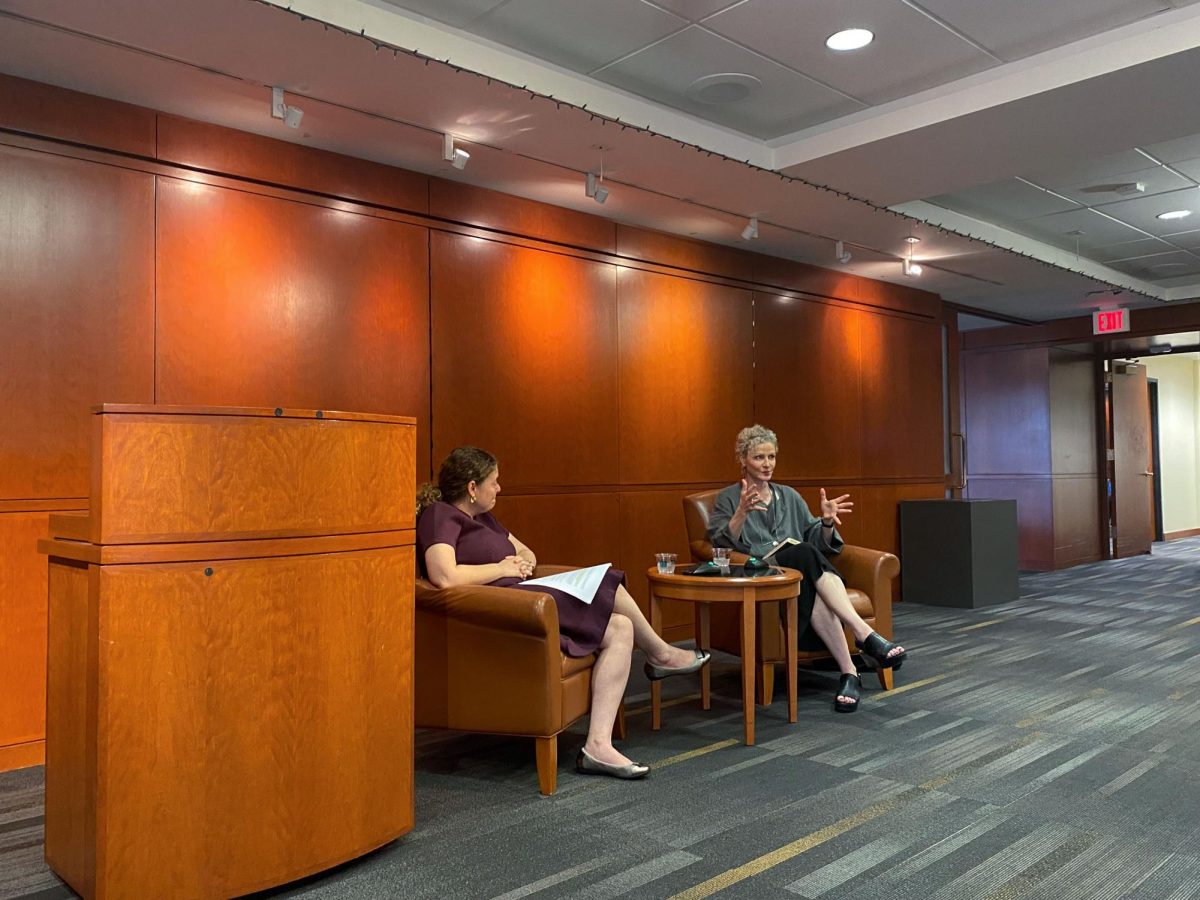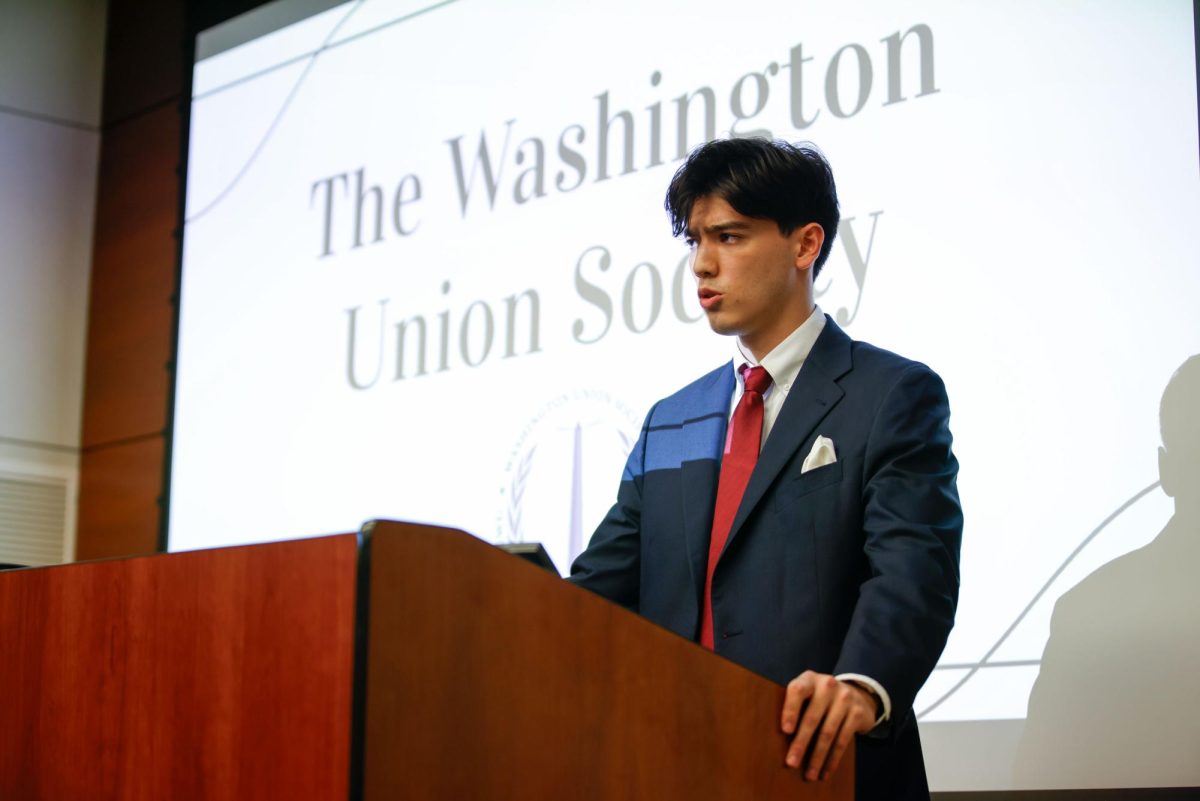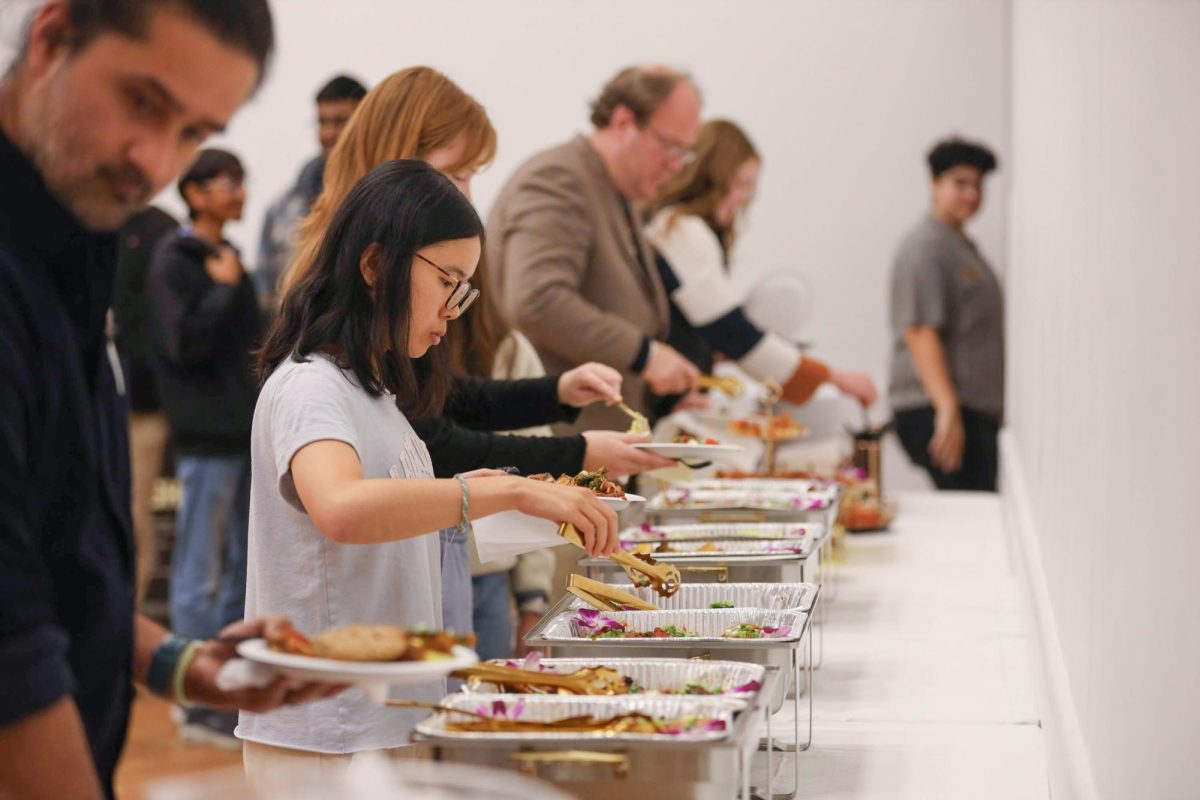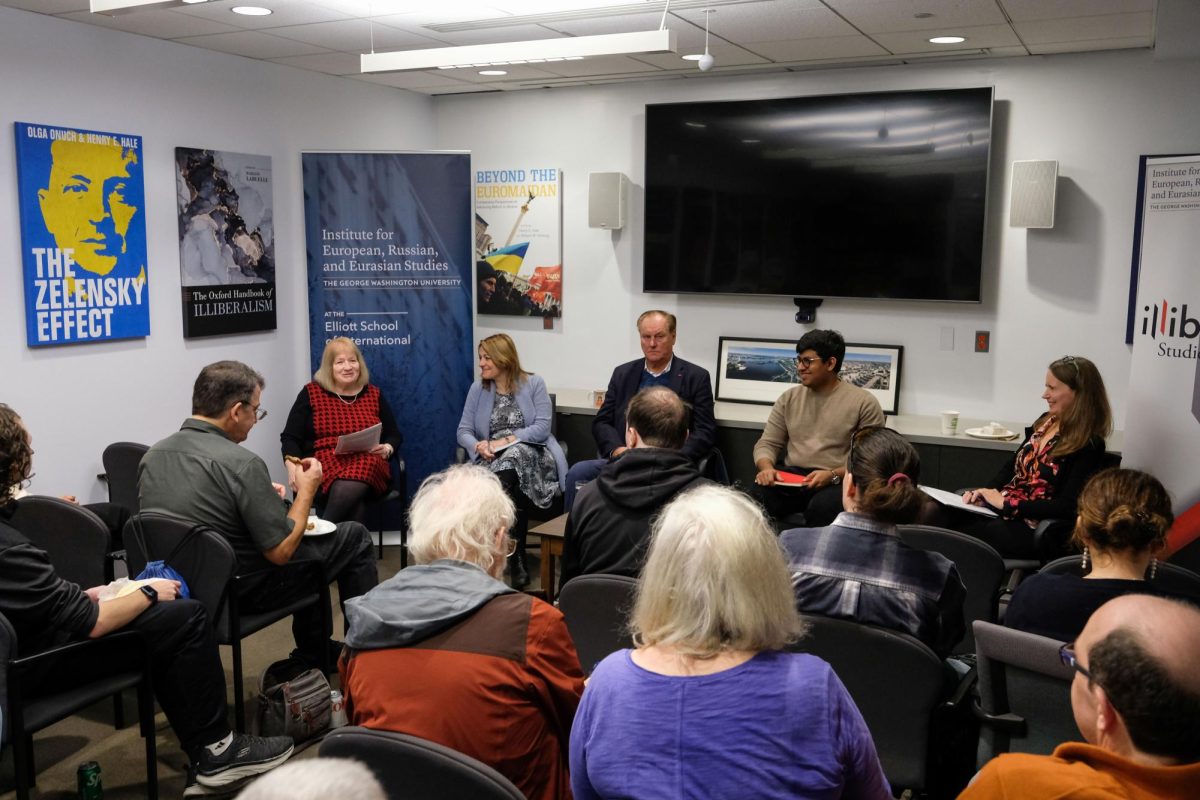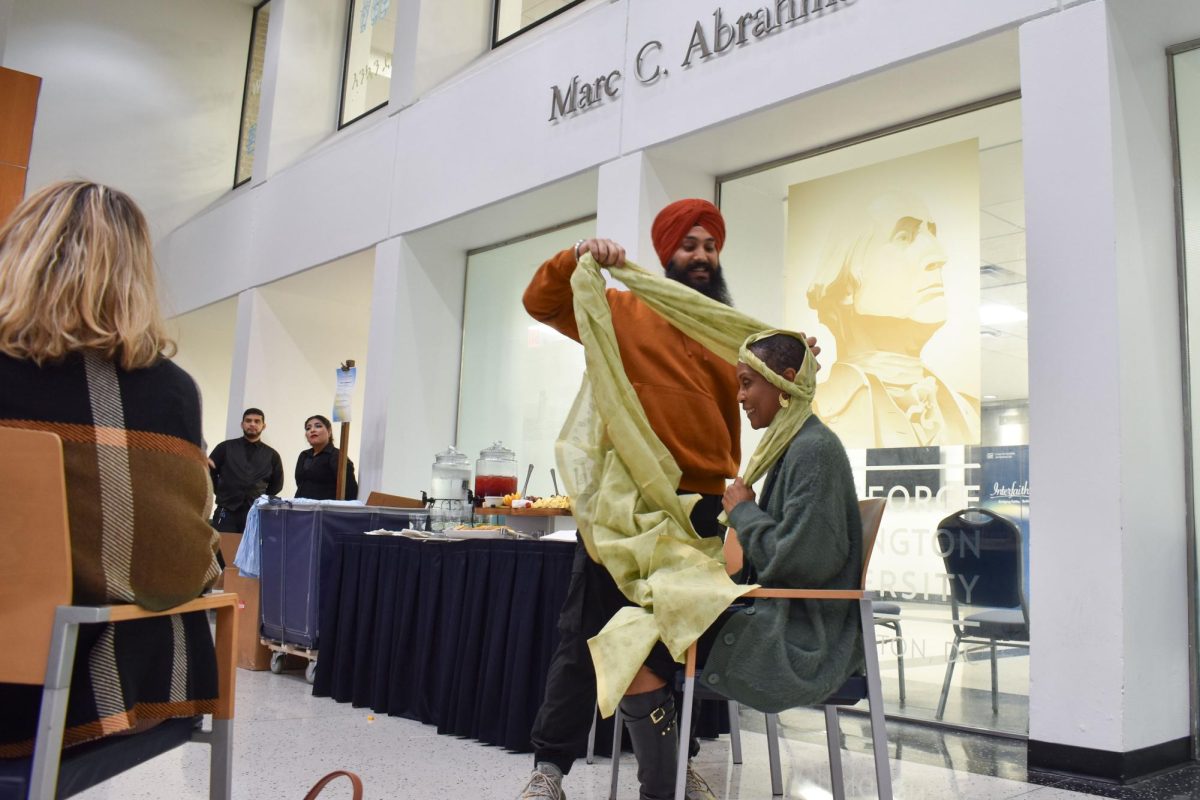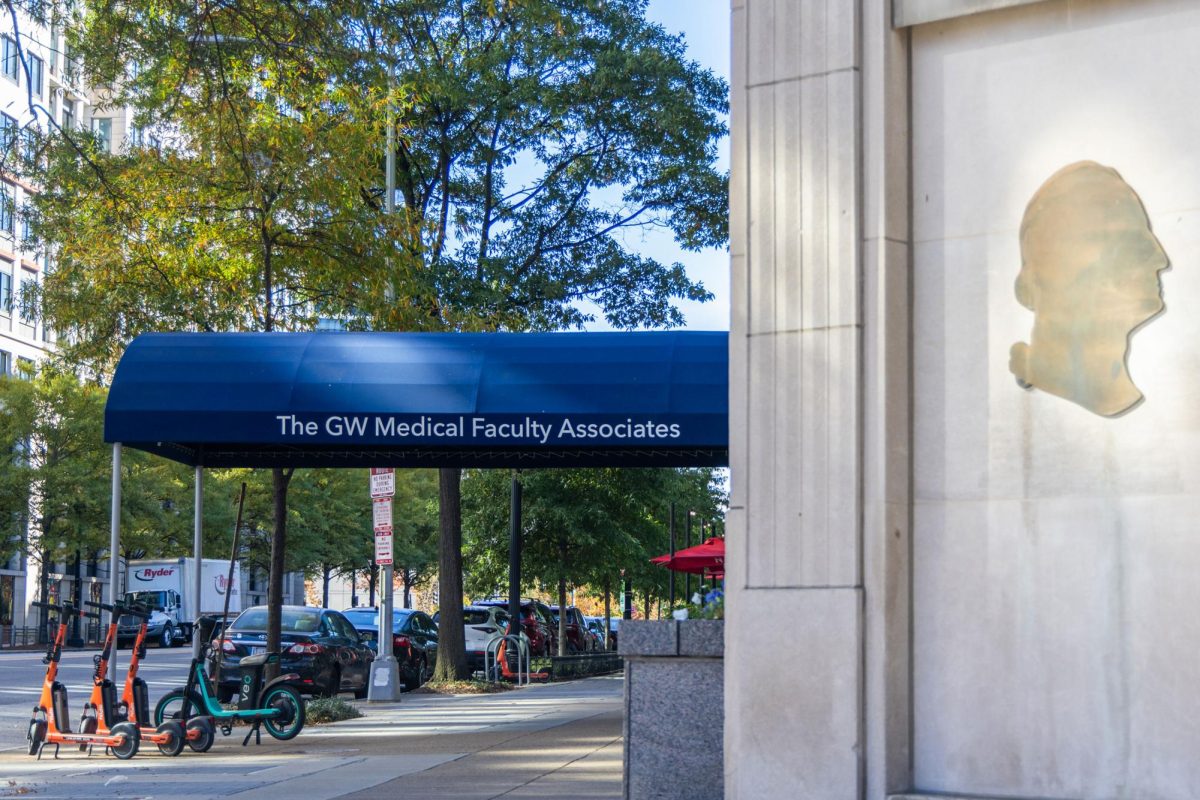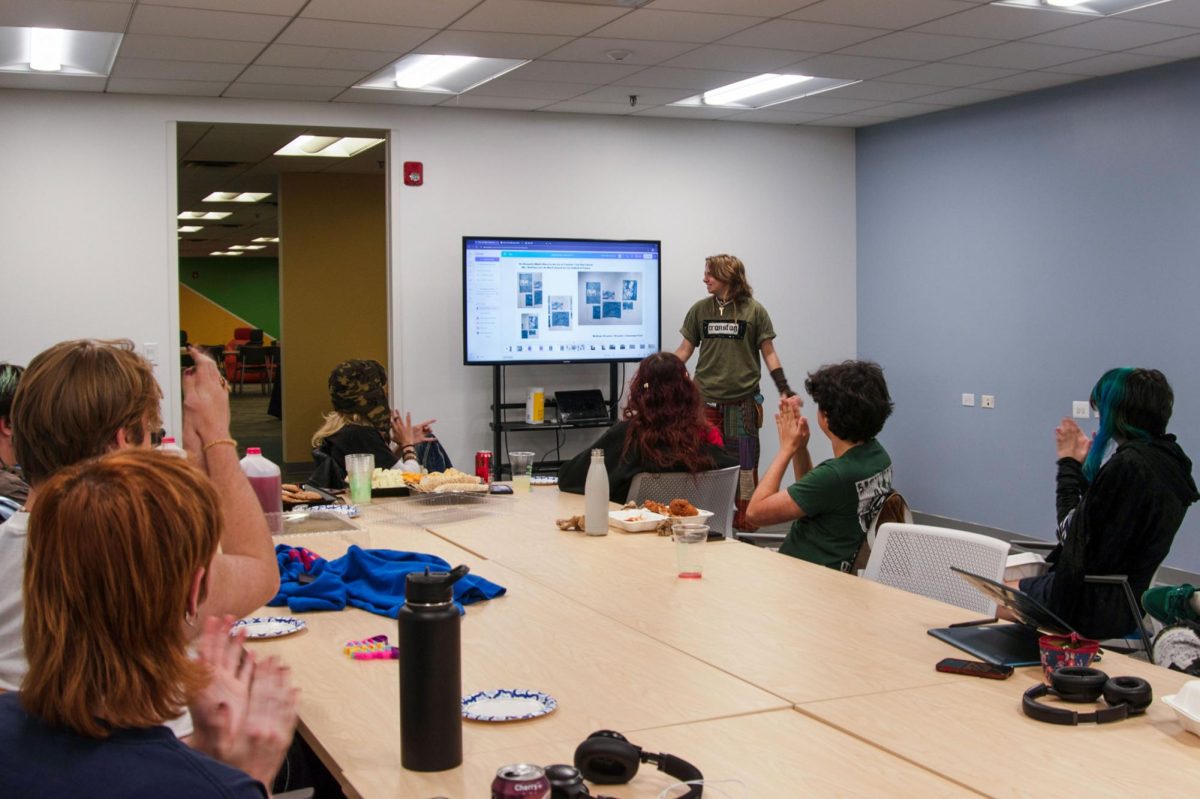A human rights lawyer spoke about affecting change in the legal field and emphasized economic and women’s rights at the GW Law School on Thursday.
Harvard professor Alicia Ely Yamin, a lawyer specializing in interdisciplinary human rights and health work, discussed efforts she has made throughout her career to advance human rights causes and the release of her new book, “When Misfortune Becomes Injustice: Evolving Human Rights Struggles for Health and Social Equality.” Rosa Celorio, the Burnett Family Associate Dean and Distinguished Professorial Lecturer in International and Comparative Law and Policy, moderated the conversation hosted by the International & Comparative Law Program.
Yamin said she wrote her new book — the second edition to the original — in response to the pandemic, which she said highlighted how current macroeconomic policy makes human rights efforts “impossible.” She said her new book focuses on using the stories of people she has met throughout her career to convey that the human connection of human rights as a field of law separates it from others.
“Much of why human rights matters relates to real human beings, how we experience our lives,” Yamin said. “It’s not the treaty language, as important as it is to know that and learn that, but it’s about how it affects us as human beings and as societies.”
Yamin said human rights studies have an “ethical obligation” to learn from the past and use mistakes as tools to build a better society. She said the pandemic was a “huge debacle of multilateral cooperation” and that the “global community” must recognize and remember that mistake to prevent future mistakes.
“The book talks a lot about different ways the pandemic affected us, but now I think one of the most important things to think about is not forgetting,” Yamin said.
Yamin spoke about balancing work with family and offered advice to students about how to enact meaningful change despite facing obstacles. She said the “most important” things in your legal career cannot be done alone.
“By ‘collective,’ I don’t mean joint publication of the law review article,” Yamin said. “I mean joining together with people often from very different backgrounds with different perspectives to do the ant-like work of moving the ball forward.”
Yamin said one of the central issues facing human rights work is the intersection between reproductive health and climate change. She said this is why interdisciplinary work, like focusing on the intersection between women’s rights and economics, is significant despite being “not being rewarded” in academia.
“Much of the book outlines women’s human rights needs to grapple more centrally with economic inequality and economic structures,” she said.
Yamin concluded the discussion by offering career advice to aspiring lawyers in the audience. She said she experienced sexism over her career and has grown to be in a place where she can be an “ally” for broader human rights issues.
“I now realize that it’s my turn to be an ally,” Yamin said. “That it’s my turn to put, especially when Trump came to power, literally putting my physical body on the line in anti-Muslim protests at the beginning of the administration in issues around abortion or gender-affirming care.”


